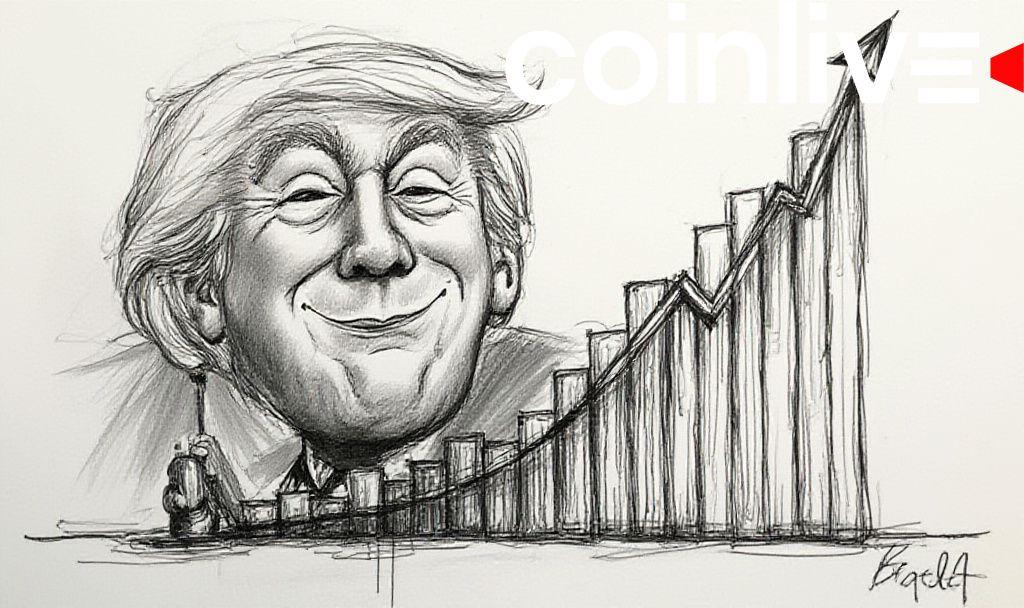- Trump’s tariffs credited for new China, UK trade deals.
- U.S. tariffs to increase tax revenues significantly.
- Economic benefits expected to strengthen U.S. industry.

President Trump maintains that his tariff policies are bolstering the U.S. economy. The tariffs have spurred significant trade agreements with China and the UK, marking a strategic move to rectify trade deficits.
Trump’s tariffs aim to tackle trade deficits and unfair trade practices. These deals indicate a shift in economic strategies, influencing market dynamics and international relations.
President Trump‘s economic policy employs tariffs to address trade deficits. His recent agreements with China and the UK suggest these tariffs support U.S. economic objectives by strengthening manufacturing and trade.
Based on the International Emergency Economic Powers Act, Trump enacted tariffs on major economies. These measures align with his vision of a balanced trade framework, benefiting American industries.
The tariffs enhance market stability and increase tax revenues, projected at $152.7 billion for 2025. Industry advocates argue these policies stimulate domestic production.
Political reactions are divided, with supporters citing economic growth and opponents warning of potential international tensions. The agreements strive for fairer trading conditions.
Analyzing long-term impacts reveals potential shifts in trade hierarchies. Observers see these moves as strengthening U.S. competitive positioning on the global stage.
Trends indicate that these tariff measures could drive significant technological and manufacturing enhancements within core sectors, leveraging national capabilities for sustained economic progression.
“President Trump has once again delivered for the American people with a historic trade agreement that puts our workers and businesses first. This new deal with the United Kingdom dramatically expands access for American exports—especially agriculture—and levels the playing field for our manufacturers.” – Rep. Vern Buchanan








